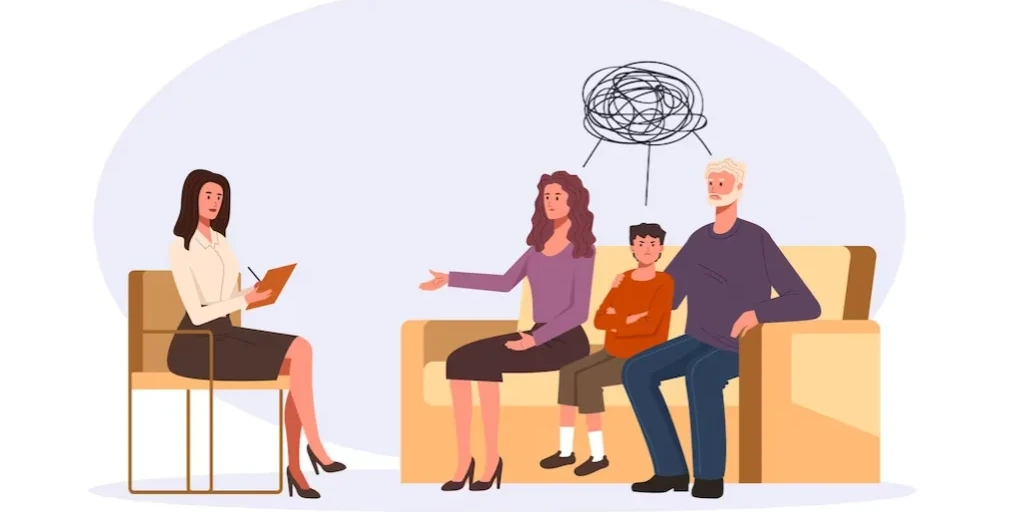24/7 Helpline:
(866) 899-111424/7 Helpline:
(866) 899-1114
Learn more about Stimulant Detox centers in Boynton Beach
Stimulant Detox in Other Cities

Other Insurance Options

Ceridian

Horizon Healthcare Service

MVP Healthcare

Magellan

Aetna

BlueCross

Covered California

MHNNet Behavioral Health

Carleon

Premera

Excellus

BlueShield

CareFirst

WellCare Health Plans

Absolute Total Care

Lucent

State Farm

Evernorth

UMR

Private insurance

Faith Farm Ministries – Boynton Beach Campus
Faith Farm Ministries - Boynton Beach Campus operates a free, faith-based, long-term residential, dr...

Insight to Recovery
Insight to Recovery is an experiential program, putting recovery principles to work with supervision...

Lighthouse Recovery Institute
Lighthouse Recovery Institute specializes in comprehensive treatment for substance abuse and trauma....

All In Solutions Counseling Center
All In Solutions Counseling Center is an Intensive Outpatient Program that focuses on bridging the g...

Bright Futures Treatment Centers
Bright Futures Addiction Treatment Centers helps individuals and families through the battle of addi...

Beachcomber Family Treatment Center
Beachcomber Family Treatment Center - Woolbright Road is an addiction treatment center that offers o...

The Watershed Treatment Programs – Quantum Lakes
The Watershed Treatment Programs - Quantum Lakes is a rehab located in Boynton Beach, Florida. The W...

Boca Detox Center
Boca Detox is a peaceful and beautiful private rehab located in Boynton Beach, Florida. Boca Detox C...

Summit Detox
Summit Detox offers inpatient detox for individuals with alcohol and/or opiates addiction. The progr...














Compass Health Systems
Compass Health Systems is a private rehab located in Boynton Beach, Florida. Compass Health Systems ...

Center for Self Discovery
Center for Self Discovery is a private rehab located in Boynton Beach, Florida. Center for Self Disc...

Treatment Center of the Palm
Treatment Center of the Palm is a private rehab located in Boynton Beach, Florida. Treatment Center ...

Atlantic Counseling Services
Atlantic Counseling Services is a private rehab located in Boynton Beach, Florida. Atlantic Counseli...

The Watershed Treatment Programs – Watershed Way
The Watershed is a leading inpatient rehabilitation center that helps addicts and alcoholics recover...

Stepping Stones Recovery Homes
Stepping Stones Recovery Homes is a private rehab located in Boynton Beach, Florida. Stepping Stones...

The Watershed Treatment Program
The Watershed Treatment Program provides a full continuum of care, which is necessary when combating...

Right Side of the Tracks
Right Side of the Tracks is a private rehab located in Boynton Beach, Florida. Right Side of the Tra...

New Directions
New Directions is a private rehab located in Boynton Beach, Florida. New Directions specializes in t...

Into Action Treatment
Into Action Treatment is a private rehab located in Boynton Beach, Florida. Into Action Treatment sp...

Life Steps
Life Steps is an Outpatient Counseling Center located in beautiful downtown Boynton Beach, Florida. ...

Americare Rehabilitation
Americare Rehabilitation is a private rehab located in Boynton Beach, Florida. Americare Rehabilitat...

Empathic Recovery
Empathic Recovery is an Intensive Outpatient treatment facility located in Boynton Beach, FL. Empath...

Forward Counseling Associates
Forward Counseling Associates in Boynton Beach, Florida specializes in a wide-variety of counseling ...

Holistic Will
Holistic Will is a comprehensive addiction and dual diagnosis treatment facility of its kind. At Hol...

Recovery Restart
Recovery Restart is a private rehab located in Boynton Beach, Florida. Recovery Restart specializes ...

Peak Recovery
Peak Recovery treats chemical dependency by offering an intensive outpatient program (IOP) without r...

Lifesteps Counseling Center
Lifesteps Counseling Center is an outpatient counseling center offering Partial Hospitalization, Int...

New Perspectives
New Perspectives provides medication-assisted treatment (MAT) to support traditional methods and the...



